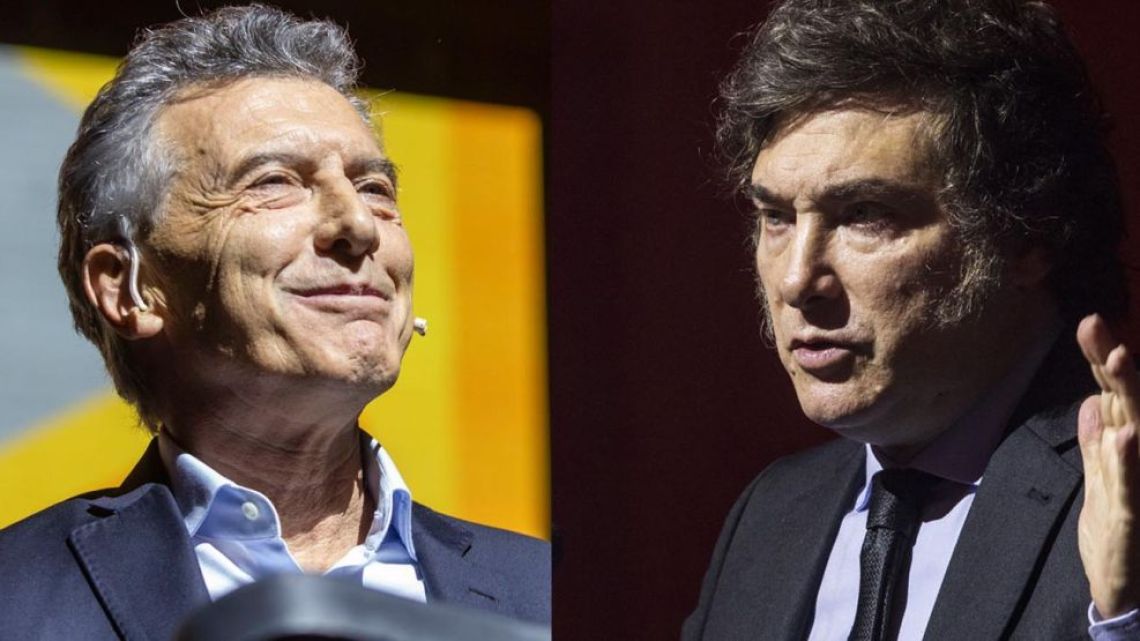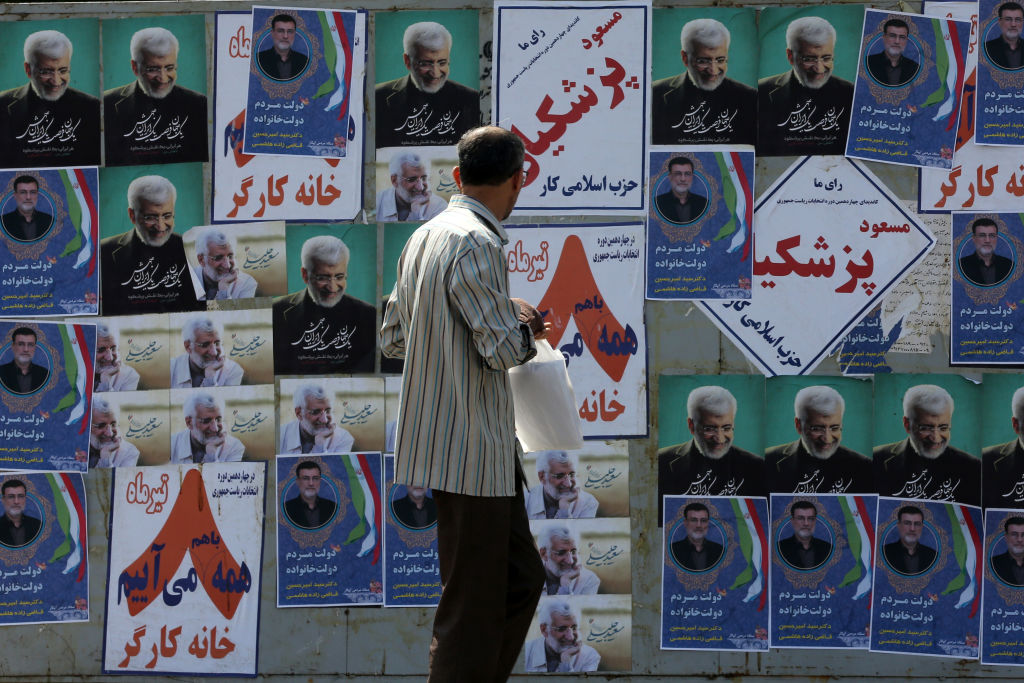Mexico’s National Institute of Statistics and Geography (INEGI) reported a significant slowdown in inflation for December 2023. The consumer price index rose by 0.38% monthly, resulting in an annual rate of 4.21%.
This marks the second consecutive month of deceleration, though it remains above the central bank’s target range. The December inflation figure surpassed market expectations.
Reuters’ survey had projected a rate of 4.28% for the year-end. This lower-than-anticipated result provides the Bank of Mexico (Banxico) with more flexibility for interest rate cuts.
In a year characterized by economic cooling, consumer inflation reached its lowest year-end level since 2020. During the COVID-19 pandemic, prices increased by 3.15%.
The recent data may allow Banxico to continue reducing interest rates, possibly at a more aggressive pace. Banxico unanimously decided to cut the interest rate by a quarter point to 10.0% in its last monetary policy meeting of the year.
 Mexican Inflation Slows to 4.21% in December, Lowest Year-End Level Since 2020. (Photo Internet reproduction)
Mexican Inflation Slows to 4.21% in December, Lowest Year-End Level Since 2020. (Photo Internet reproduction)The central bank, led by Victoria Rodríguez Ceja, hinted at the possibility of larger rate cuts in future meetings. The core inflation index, which excludes volatile items, accelerated in December after 22 months of deceleration.
Mexico’s Inflation Trends
It reached 3.65% annually, up from 3.58% in November. This index is crucial for Banxico’s decision-making process. Within the core index, service prices saw the largest increases, with an annual inflation rate of 4.94%.
Goods prices rose by 2.47% at the end of last year. Non-core inflation decelerated significantly in December, marking two consecutive months of decline. The non-core index showed an annual level of 5.95%, down from 7.60% in November.
Agricultural prices experienced 6.57% inflation, while energy and government-authorized tariffs increased by 4.97%. This inflation slowdown presents a complex economic landscape for Mexico.
It suggests a potential easing of price pressures but also reflects ongoing challenges in certain sectors. The data will likely influence future monetary policy decisions and economic strategies in the country.

 By The Rio Times | Created at 2025-01-09 17:57:32 | Updated at 2025-01-10 03:24:00
9 hours ago
By The Rio Times | Created at 2025-01-09 17:57:32 | Updated at 2025-01-10 03:24:00
9 hours ago








